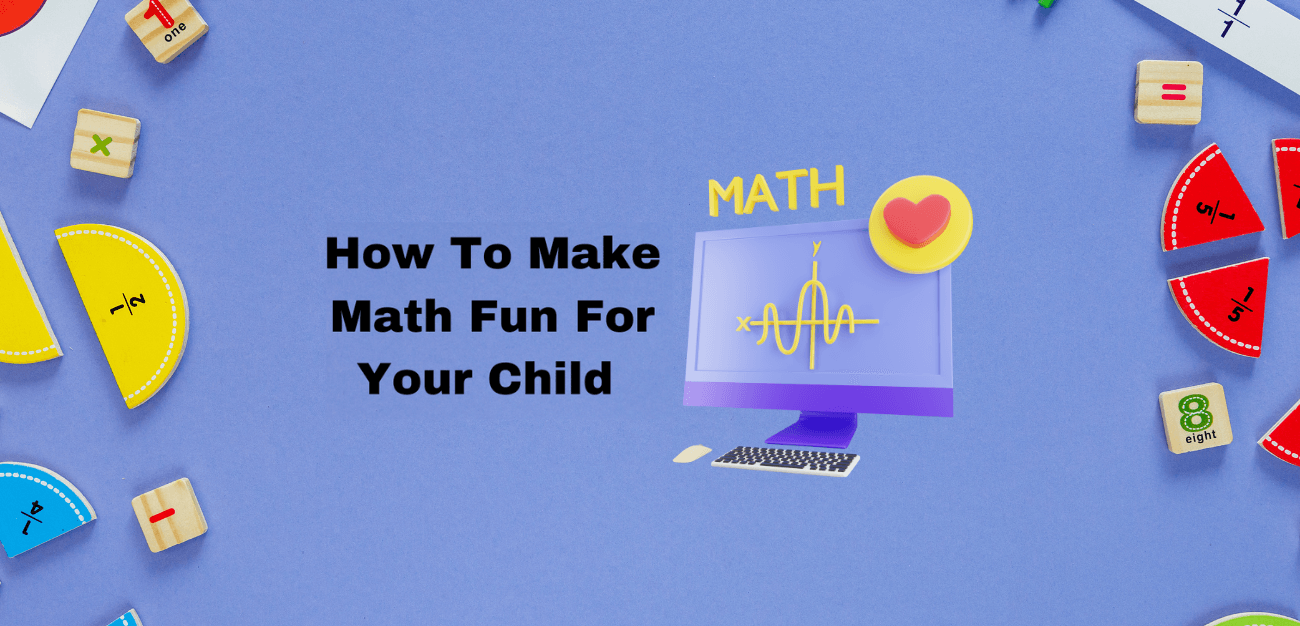How Effective Is Online Tutoring
In this digital age, our educational landscape is dramatically shifting. The once-centralized paradigm of in-person math tutoring is now evolving to include the vast and versatile world of online learning. For parents who seek the best possible educational support for their child, understanding the effectiveness of online tutoring is paramount. It’s not just about the convenience or cutting-edge technology; online tutoring harbours a range of benefits that could potentially transform a child’s academic trajectory.
The Rise Of The Virtual Classroom
The concept of learning online is no longer a futuristic vision; it’s a current reality that’s redefining academic support. The digitalization of education has democratically opened the doors to a spectrum of learning resources, especially in tutoring. Online platforms connect students to educators worldwide, diminishing geographical barriers and significantly expanding educational choices. With internet speeds increasing and technology advancing, virtual classrooms are now able to facilitate a quality of learning experience that closely rivals traditional, face-to-face teaching.
Accessibility Without Boundaries
Imagine having a world-renowned math expert at your child’s fingertips, ready to answer their questions, no matter the time zone or schedule. Online tutoring provides unparalleled accessibility, making it possible for students to receive support from top educators who might otherwise be out of reach. For subjects that require specialized knowledge, this access to a global talent pool can make all the difference in solidifying your child’s understanding and achievement.
Time, Cost, And Convenience – Leading The Charge
Efficiency is the hallmark of online learning. With traditional tutoring, the time and cost associated with travel and scheduling can be burdensome. Online platforms cut through these constraints, offering parents and students the freedom to choose sessions that fit their lifestyle. The expansive reach of online tutoring also contributes to its economic attractiveness, often providing quality tutoring services at a fraction of the cost of in-person alternatives.
Custom Tailored Learning Experiences
Each child learns differently, and personalized instruction can be the key to unlocking a student’s full learning potential. Online tutoring does not just represent a shift in the medium of instruction; it signifies a paradigm shift towards customized learning experiences. Cutting-edge platforms integrate artificial intelligence to track a student’s progress, tailoring sessions to their individual needs and pace, in real-time. This personalized approach ensures that every precious hour of tutoring serves to benefit the student in the most efficient and impactful way possible.
The Mindset Of Flexibility
In the hustle and bustle of modern life, flexibility is not a luxury—it’s a necessity. Online tutoring embodies this ethos, offering scheduling and structuring flexibility that accommodates extracurricular activities, family commitments, and other demanding schedules. The ability to learn in an environment where a student feels comfortable and focused, such as their own home, is invaluable and contributes to an optimum learning environment.
From Comfort To Confidence
The comfort of the familiar can be soothing, especially for children who may be anxious about their academic struggles. Learning online allows for sessions to take place in a setting that is both familiar and conducive to the learning needs of the child. A reduction in performance anxiety often leads to a gain in confidence as the student can more freely engage with the material and the tutor, thus fostering a more positive and effective learning experience.
Fostering A Passion For Learning
Online tutoring is not just about remediation or reaching a certain grade level; it can also kindle a passion for learning. By offering children the opportunity to explore subjects with an experienced and enthusiastic tutor, they may find themselves passionately pursuing knowledge far beyond the prescribed curriculum. Online tutors can act as mentors, guiding students through the intricacies of a subject and inspiring a lifelong love of learning.
High Tech. High Touch
The integration of technology is not a replacement for the human element; rather, it is a tool that empowers educators to connect and engage with their students in new, profound ways. High-tech platforms bridge the gap between tutor and student, allowing for a high-touch, interactive learning experience, replete with multimedia resources, instant messaging, and video conferencing that keep the educational dialogue fluid and dynamic.
Selecting The Right Online Tutor For Your Child
Choosing the right online tutor is a critical decision that can significantly impact your child’s academic success. Here are some tips to guide you in making an informed choice:
- Identify Your Child’s Needs: Before starting your search, understand your child’s specific learning objectives, strengths, and areas for improvement. This will help you find a tutor who specializes in addressing those particular needs.
- Research and Reviews: Take advantage of online platforms and forums to research potential tutors. Reading reviews and testimonials from other parents and students can provide valuable insights into a tutor’s effectiveness and teaching style.
- Check Qualifications and Experience: Verify the academic and professional qualifications of the tutor. Experience in teaching or tutoring the subject matter, as well as familiarity with the student’s academic curriculum, are important factors to consider.
- Trial Sessions: Many tutors offer a trial session or a meeting to discuss goals and methods. Use this opportunity to assess how well the tutor connects with your child and whether their instructional style suits your child’s learning pace and temperament.
- Flexibility and Availability: Ensure the tutor’s availability aligns with your child’s schedule. Consider also the flexibility the tutor offers in rescheduling sessions or adjusting the frequency of sessions as needed.
- Communication Skills: Effective communication is key to successful tutoring. The tutor should be able to explain concepts clearly and be approachable for your child to ask questions. Regular updates to parents about the child’s progress are also beneficial.
- Use of Technology: Since sessions are conducted online, the tutor should be proficient in using digital platforms and tools that enhance the learning experience. This includes the ability to share resources, provide interactive activities, and maintain a stable online environment for tutoring sessions.
By carefully considering these aspects, you can choose an online tutor who not only meets your child’s academic needs but also matches their learning style, thus fostering an environment where learning is engaging, effective, and enjoyable.
A Call To Action For Better Education
The future of our children’s education is not solely the domain of educational institutions; it is a shared responsibility that also demands the active participation and informed choices of parents. Opting for online tutoring is a proactive step towards enabling children to experience the benefits of a resource-rich, personalized learning environment. In doing so, we support their academic endeavours, encourage a love for learning, and ultimately, set them on a path toward a brighter, more successful future.
In conclusion, the online tutoring benefits are much more than just a trend – it’s a testament to the educational opportunities afforded by the digital age. Whether it’s in mathematics, language arts, or the sciences, the right online tutor can make a significant impact on a child’s learning curve. It’s a testament to adaptability and innovation in education that, when embraced, can lead to remarkable student success.
For more information about online tutoring and educational tips for parents, sign up for our FREE bulletin!











